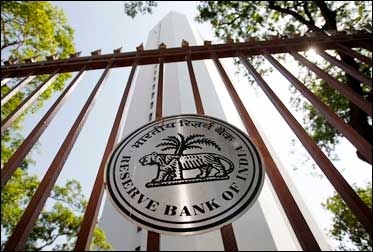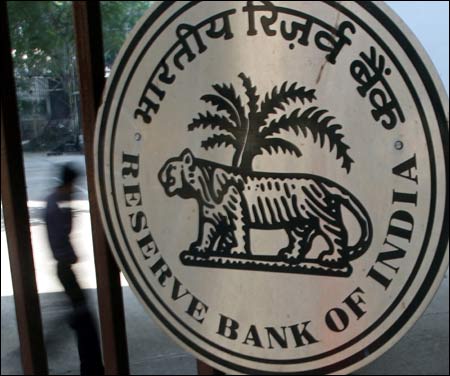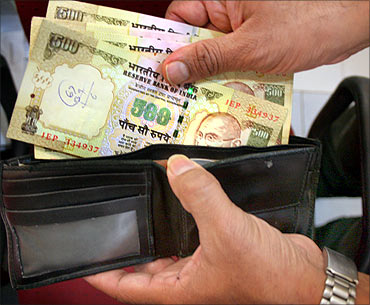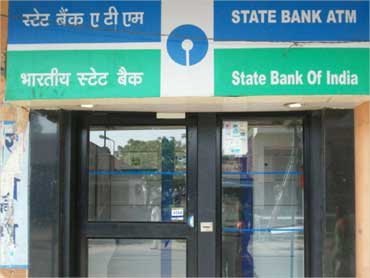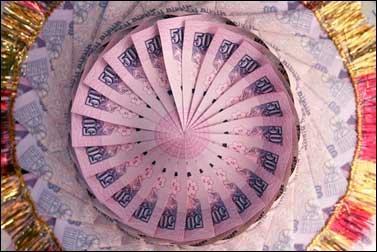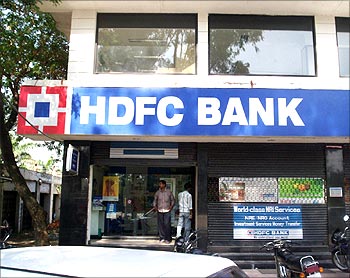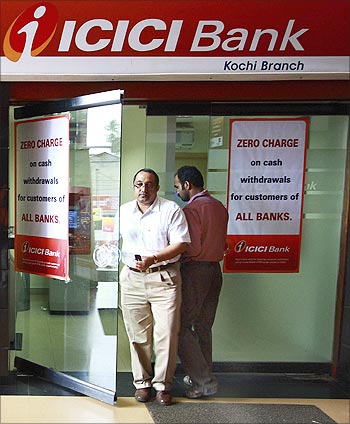 | « Back to article | Print this article |
How to make Indian banking viable
Click NEXT to read on
How to make Indian banking viable
Recall that when the global financial crisis hit and multiplying NPAs needed restructuring, the provisioning rules had to be eased.
And when the crisis eased and the Indian economy was back on the rails of good growth, the RBI tightened the norms once again, arguing that it was time for provisioning for a rainy day.
According to the latest fiat, if a bank has played by the rules till September 30, 2010 made 70 per cent provision for NPAs then that's it.
Click NEXT to read on...How to make Indian banking viable
The RBI will study international practices and advise later on what to do with incremental NPAs.
And if these go down then the excess provisioning can be transferred to a rainy-day fund, for use when systemic trouble affects the entire industry.
The bottomlines of several banks would have looked fairly poor if they had to stick to the 70 per cent norm.
Click NEXT to read on
How to make Indian banking viable
SBI flouted the earlier norm with impunity and then, with a change of guard and the new chairman saying how long you can keep fighting the teacher, the latter has relented and made life easier.
Click NEXT to read on
How to make Indian banking viable
A poorer bottomline - and poorer payout - means more cash retained and greater intrinsic health.
Shareholders of banks depending on dividend income (like the government) may be hit, but valuations may not change since higher provisioning will be seen for what it is -greater intrinsic strength.
Click NEXT to read on
How to make Indian banking viable
So, it is best for banks to make adequate provisions. If the resultant poor profitability is socially embarrassing for bank chiefs or harmful for their bonuses then so be it.
In any case, as the economy slows, the need for additional capital will slacken and bank lending growth will be affected.
Forecasts for the current year's growth are being marked down and the next plan's target of 9 per cent-plus growth looks distinctly unrealistic.Click NEXT to read on
How to make Indian banking viable
The demand right at the bottom and at the top of the pyramid is booming. Enabling banks to meet the burgeoning credit demand is not the consideration of the hour; ensuring that banks' asset books are healthy is.
Click NEXT to read on
How to make Indian banking viable
The easier it is to restructure NPAs (there is much scope for corruption in this), the greater will be the incentive to let NPAs pile up. The flavour of the moment is to take a radical new look at eliminating corruption.
Interestingly, not all banks are in a tight corner. HDFC Bank and Axis Bank have announced encouraging results and are among the leaders in provisioning.
Click NEXT to read on
How to make Indian banking viable
It should be clear that the performing and the underperforming banks stretch across ownership categories, with Axis Bank straddling the two worlds by being a private-sector bank with some public-sector development categories.
To take Indian banking a step forward, it is necessary to have banks run along private-sector lines with some public-sector development goals. For this, an incentive and regulatory structure can be created.
Click NEXT to read on
How to make Indian banking viable
Also, making loan write-offs and rescheduling scientific - dependent on the monitoring of drought or flood via satellite data - should make inclusive banking sustainable and profitable.
Which is why it is a pity that the powers that be are moving very slowly towards making progress in issuing new banking licences. The idea was floated in the name of furthering inclusive banking.
Click NEXT to read on
How to make Indian banking viable
In fact, banking licences for a couple of better-run microfinance institutions should serve many goals in one go.
Travelling down this road can go a long way in marking a watershed in Indian banking, the way the bank nationalisation did.
